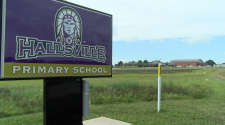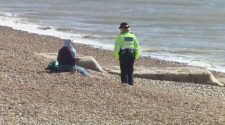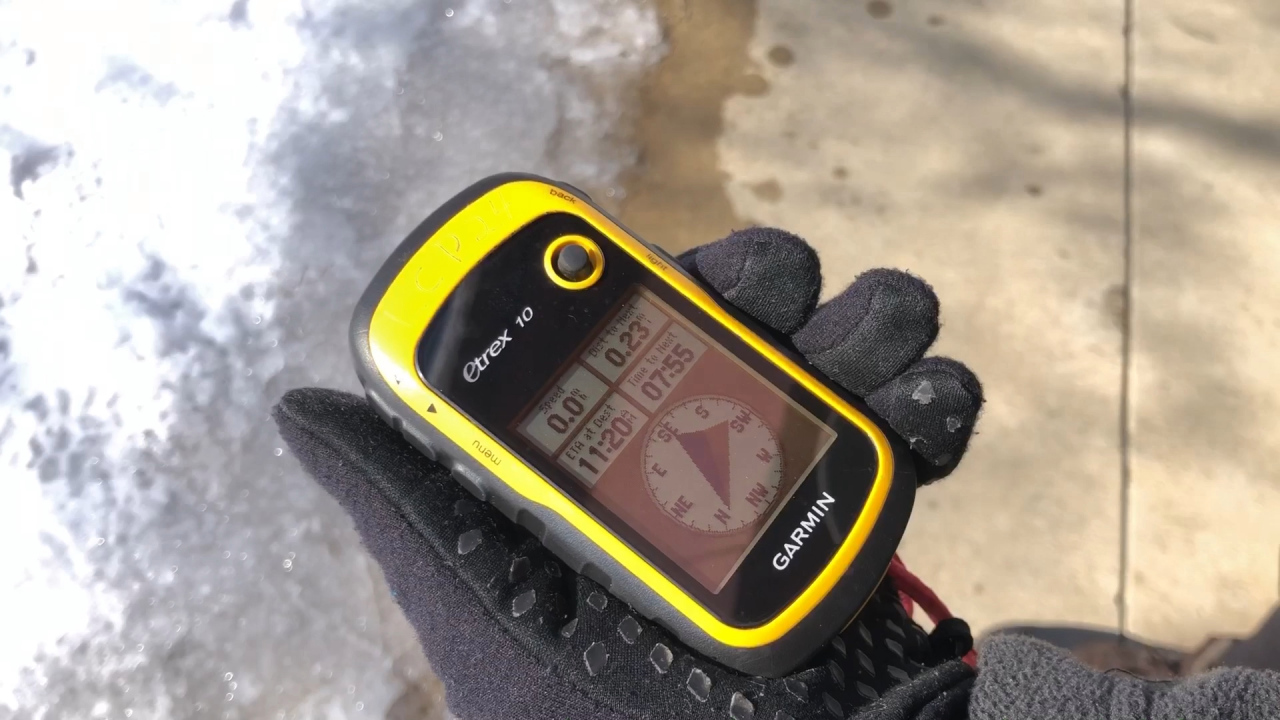LANCASTER, Pa. (WHTM) — Many have turned to the outdoors for safe activity during COVID-19. With spring around the corner, individuals may want to add geocaching to their repertoire of outdoor diversions.
Geocaching is “treasure hunting with technology,” says Lancaster County Department of Parks and Recreation park naturalist Mary Ann Schlegel.
There are millions of geocaches — objects placed outdoors and identified with GPS coordinates — located around the world. Geocaching is the activity of finding those geocaches, which can be done with a special GPS device or with just a smartphone.
Some geocaches are small or hidden, while others can be large and easy to spot. Sometimes they contain trinkets to take or a logbook to fill out showing who has found them.
Geocaching.com explains that the activity began in 2000 when GPS technology became significantly more accurate for all people. Schlegel says that before this point, GPS was used pretty much exclusively by the military.
After this technology improved for civilians, a GPS enthusiast in Oregon wanted to test its accuracy. He hid a bucket, a logbook, and some prizes in the woods and shared their coordinates online so others could find them. The activity caught on, and what would become a worldwide enterprise was born.
There are hundreds of geocaches around Lancaster, as the Geocaching website shows. Some simply require putting coordinates into a GPS and taking a walk to the geocache, while others entail special instructions or challenges to find.
The Lancaster County Department of Parks and Recreation puts its own spin on geocaching with GPS Tic-tac-toe.
GPS Tic-tac-toe participants receive a tic-tac-toe grid filled out with different coordinates. They must locate three out of nine geocaches around the Lancaster County Environmental Center to check off three spaces in a row on their boards.
Schlegel has been leading this activity for about five years now, and she says she usually offers it a couple times a year. Other members of the Lancaster County Department of Parks and Recreation also offer GPS events. For example, there is a GPS Scavenger Hunt scheduled for March.
For those interested in geocaching on their own, Schlegel offers some advice:
When to go: Geocaching works best in spring or fall when there is less foliage on the trees to interfere with GPS signals
What you need: A GPS device or smartphone with GPS capabilities
Optional items to bring: A writing utensil to fill out geocache logbooks; objects to leave behind if you take something from a geocache
Helpful resource: The Geocaching website and app show geocache locations and other information
In addition, proper geocaching etiquette should be maintained while engaging in the activity. Geocaching ethics include:
- Leave geocaches the way you find them; don’t remove them from their original locations or hide them in different ways.
- If you take something from a geocache, leave something of comparable value behind.
- Leave no trace in outdoor spaces.
More information about geocaching is available at geocaching.com/guide. To see upcoming events from the Lancaster County Department of Parks and Recreation, visit this website.


















